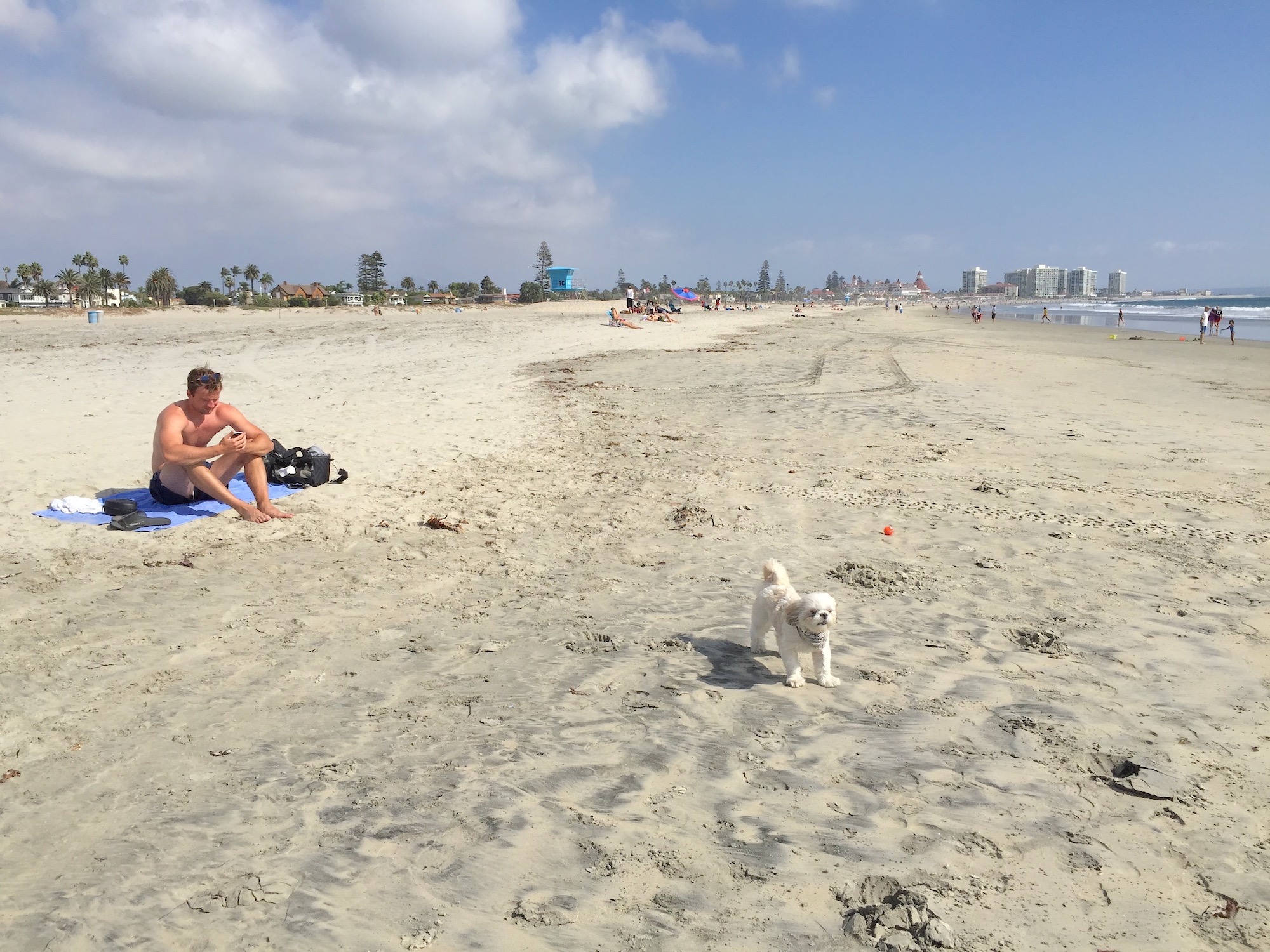Jack Ezon, founder of Embark Beyond, observed travel trends, issues and behavior since the pandemic began, looking at real data in several sectors, as well as factors, like length of stay and demographic. Ezon offers 15 biggest issues travel industry professionals and travelers alike can expect in 2021—and how to successfully move forward.
This report is mostly geared toward travel industry professionals, but if you’re a fan of travel, it’s interesting to read what an expert has to say about the industry.

Take a look at the 15 biggest issues travel industry professionals and travelers alike can expect in 2021, according to Jack Ezon.
- Air Travel and Accessibility
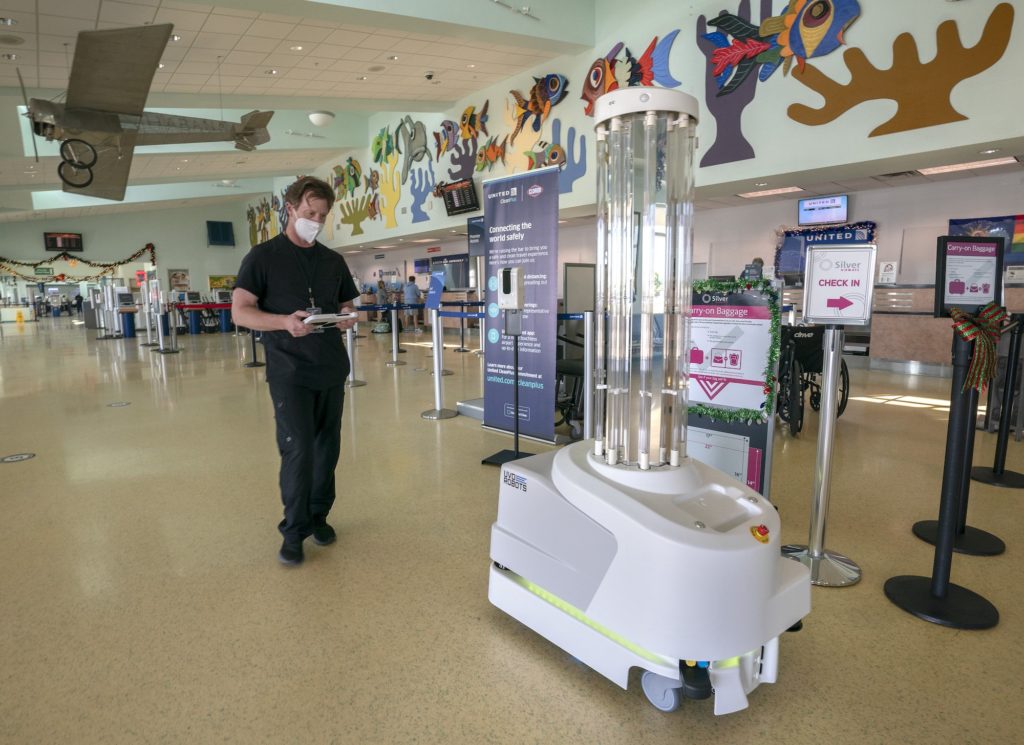
Air travel will continue to be the single most important travel component driving recovery in travel. Like them or not, airlines are needed to jet people across the planet. We have identified the following 7 factors that we hear clients reporting back on their hesitation to fly.
- (1) There is still a big fear of getting sick on a plane, despite reports exemplifying air safety,
- (2) A continued lack of trust in behemoth airlines
- (3) Curtained flight frequency and poor connections
- (4) Erratic, if not frequent, flight changes and cancelations
- (5) Fear of getting stuck in connecting hubs without proper testing for entry
- (6) Downgraded planes and compromised service
- (7) The prospect of sitting on a long flight in an uncomfortable mask.
Delta, Emirates and Qatar have consistently been able to rise above the negative connotations associated with air travel but the inconsistent experience across brands compromises image for all. The bigger long-term issue, however, is demand.
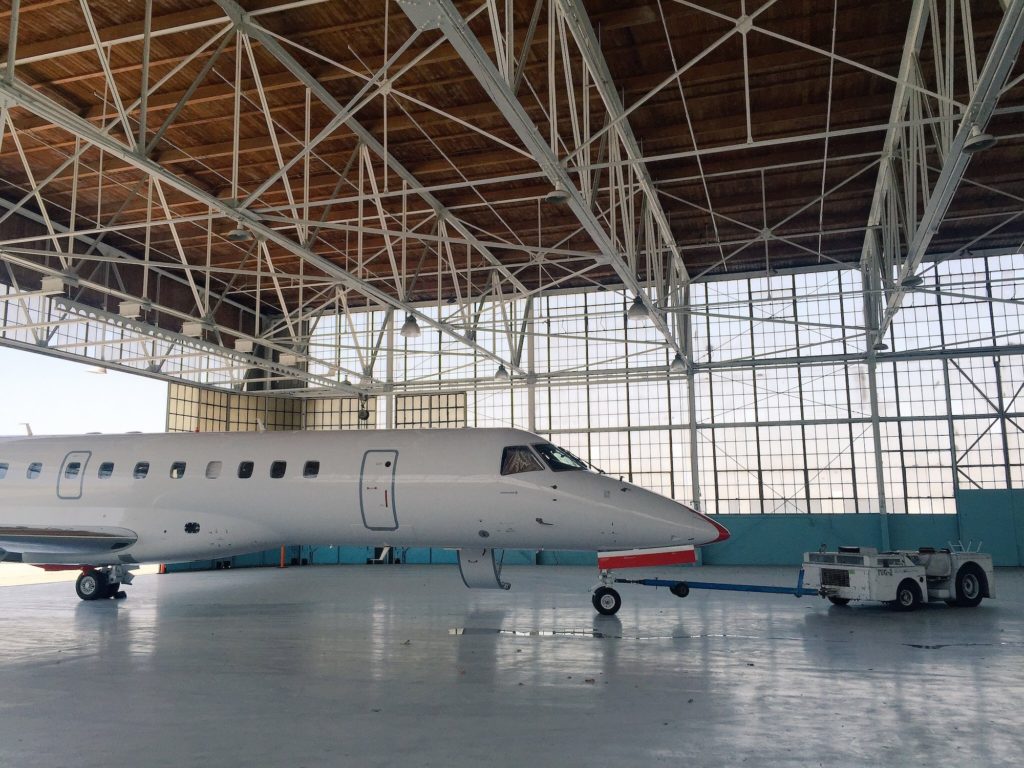
For most markets, the revitalization of a steady MICE and corporate business will be the only thing to put airlines back onto pre-Covid levels of frequency, reliability and service. That’s because these two markets drive the bulk of airline routes and the steady base from which their revenue teams rely. Leisure fares will likely rise to make up for the lack of higher corporate fares, especially on routes with less competition or low-cost carriers.
2) Lack of Trust
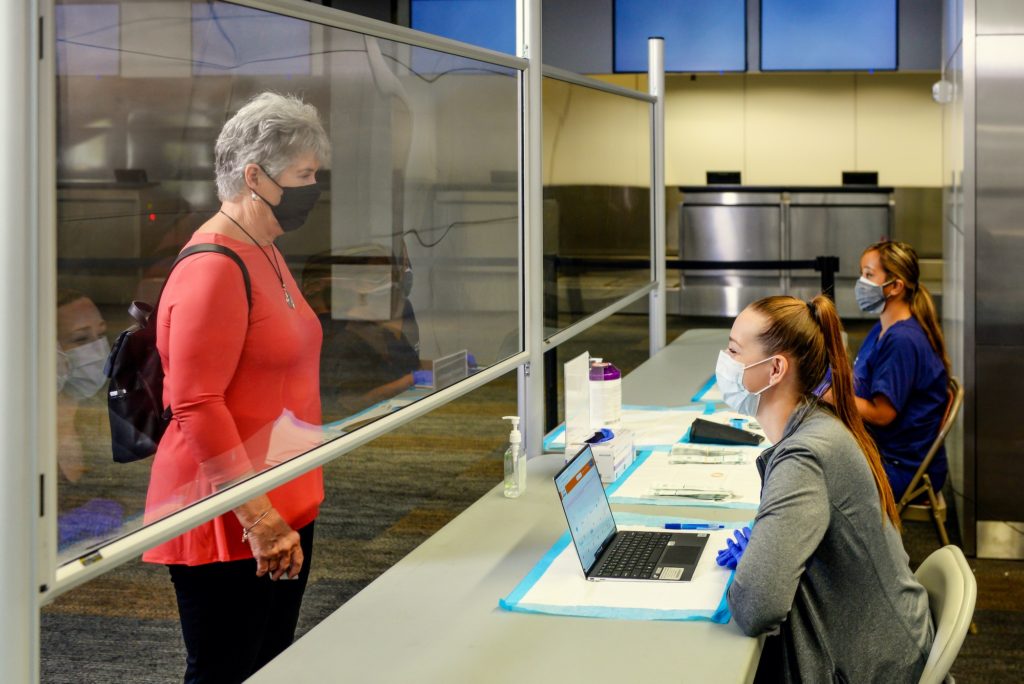
The growing lack of trust for media and world leadership leaves a gaping hole in our ability to quickly recover and protect ourselves for future issues. Fake news, conflicting news, and leaders arguing in public have created a paranoia among consumers. They are skeptical about anything we tell them and anything they see.
In our industry there is also a growing lack of trust with big airlines and many other big-name suppliers – especially in the cruise and tour space who have refused to refund money and whose bankruptcy lingers. People do not trust they can put money down and receive a refund and hesitant to plan for the future.
3) The Affluence Gap

For major urban environments in the world, Covid exposed a “Tale of Two Cities” as the wealthy fled their urban homes for shelter in their posh country enclaves. Education for the wealthy jumpstarted sooner in private schools while many even shelled out for private in-home teachers to avoid Zoom fatigue.
The dichotomy was further exacerbated as the middle and lower class lost their jobs while
most well-invested wealthy people, even those in fledging retail or commercial real estate, grew their income significantly as the market catapulted to “unprecedented” heights. We believe this will also lead the UHNW client to seek more meaningful ways to ‘give back’ both at home and as they travel.
4) Compromised Comfort and Experience

One of the biggest inhibitors of long-haul travel is not of health concern but comfort. Many of our clients have had Covid and many of our Millennials don’t even care if they get it. On a scale of 1-10, many of our Millennials report a concern factor of “-1”. Seriously! For this group, travel decisions are based less on safety and more on having a disappointing or “annoying” experience. This is especially true of some bucket lists destinations that have recently opened like southern Africa. “Do I want to take a 15 hour flight with a mask?” or “Am I going all the way to Africa or Turkey or Morocco to not have the real experience that I would get next year? “

For many, they don’t want to compromise or deal with so many unknowns on a larger trip. Many hear ‘horror’ stories of spending $1,000 a night and having no mini-bar, room service
erratically closing at 2pm or no maid service. Hotels need to be safe, but they cannot feel like hospitals. Every provider in the travel chain needs to commit to lofty standards without sacrificing guest experience if we want to fully recover, especially in the long- haul, bucket list market. While clients want to get away, the ultimate question centers over it being worth the hassle and headache of testing and re-testing. Changing public health measures and safety precautions, such as quarantines, closures, and other restrictions add anxiety to a pastime (travel) that should reduce it.
5) Sensitivity to Disease will Escalate

We are no stranger to disease. Fear of disease has been growing in the past decade. Zika wreaked havoc on the Caribbean,Ebola on Southern Africa, Chikungunya, Swine, Flu, and
Dengue Fever dented economies that even wrongly perceived to be attached to them. They all seemed to fade away with the next big media thing. Covid aside, if we
think the Ebola scare was bad before, expect a growing paranoia as new diseases emerge.
While vaccines for Covid post a near future panacea, the concept of a new pandemic and world shutdown has scarred us for a very long time. Expect post-Covid Force Majeure to contemplate pandemic related situations and broad cancelation windows. Expect a flood of cancelations with the next disease regardless if its magnitude.
Expect many more countries to require proof of vaccinations (similar to Yellow Fever requirements). Expect many companies requiring comfort in safety. And watch for health companies like Shared Care who have entered the hospitality space with a reliable verification program to provide consistent assurance that safety standards have been met at most travel touch points around the world.

We also expect people to be more sensitive to the healthcare system in a destination. Many clients have not previously thought of getting sick in a third world country and what it means if they need emergency health care in a destination not thoroughly equipped to help.
6) Convenience

Covid forced the world to embrace tools of convenience at a rapid pace. Video conferences, touchless transactions and QR codes are nothing new — they were just
never adopted by so many people. And while there was initial resistance, many discovered the exceptional conveniences that they won’t want to give up. Will a QR code-launched interactive menu replace a menu or a waiter? Probably not, but restaurants will learn to use this technology for better service. And Zoom brought strangers into our living rooms replacing costly and disruptive travel to their offices.
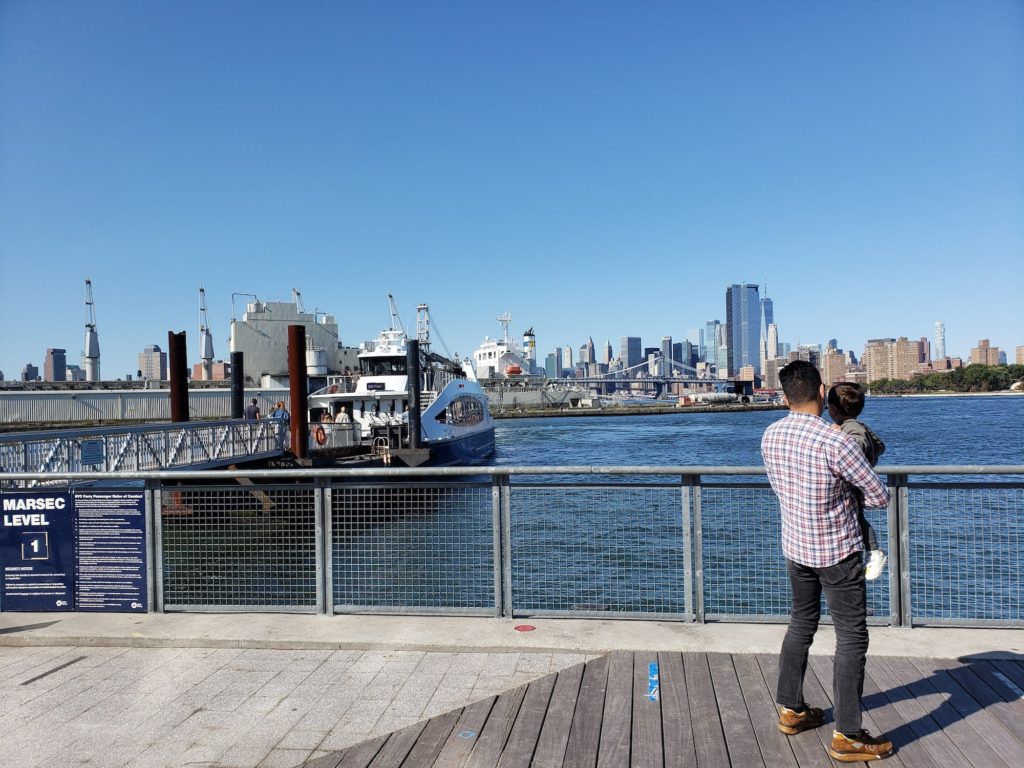
No doubt “Zoom” drains our energy while in-person meetings ignite our energy, but video conference technology will change meeting business forever. No, meeting will not go away.
We believe corporate travel and meetings will eventually morph into hybrid model. The ability to watch, pause and fast-forward keynote speeches or presentations (without taking meaningless photos of slides you will never look at again) has been refreshing to attendees. But what these platforms cannot replace is any trade built on relationships. We therefore believe in-person conferences will probably be more focused networking or one-on-one business meetings while most content and lectures will go digital.
7) Corporate Travel

We believe three leadings factors will curtail corporate travel recovery: (1) many people are not in offices to meet, (2) many business people are limited by corporate travel policies and duty-of-care obligations to employees, and (3) many are finding the current digital meeting platforms to be working with greater productivity and a wind fall of cost savings in travel spend.
From our vantage point, the first corporate business to pick up will be small, aggressive companies looking to build business through relationships. We believe that people innately do business with people and not products, and while “Zoom” works for now, hungry small businesses will jumpstart corporate travel to snag accounts leveraging the value of human interaction. As nimble
companies grow market share larger companies will begin traveling again to compete. We believe a good portion of what people traveled for will be eliminated — especially many internal meetings, trainings and workshops.
8) MICE Travel

Large scale Meeting and Incentive travel will probably be the last segment
to recover, more so because of corporate liability and cost than participant fear. As noted above, large meetings will probably be forever changed as we predict a hybrid digital and in-person model will prevail. We expect smaller incentive trips – or completely individual incentive trips — to pick up by late Summer 2021.
For the next year, we believe companies will take their entire team and their families to one place for 2-3 weeks to recreate an office environment in a hermetically sealed environment, peppering in workshops and keynotes for associates while setting up souses and kids with remote work/school options all embellished with experiences and parties after hours for the whole family.
9) REVPAR
Because corporate and MICE travel is the most common “base” for hotels and resorts, we expect most hotels to have an issue maintaining RevPar. Without compression created by these lucrative segments –both within a hotel and within the general market — it will be challenging to maintain a strong RevPar without serious reinvention. Destinations with an affluent domestic market will fare better than those relying on incoming business as evidenced clearly by the stability of RevPar in China versus many weaker economies.
10) Price Integrity

Fueled by lower RevPar and a desperate need for cash, price integrity will be even more erratic, especially in urban markets. Hotels and resorts eager to fill their inventory base are already cutting drastic deals with seemingly “opaque” market makers and other distribution channels.
The big issue here is, as we have said in previous years, connectivity collapses layers and market transparency gives too many people access to private rates. Travel Advisors will be particularly caught up in searching even more channels to ensure their clients do not find a better value on their own.
11) Digital Distribution

Hotels report a growth in direct and trade reservations over OTAs which we believe will continue in the near term. By Spring, we expect OTAs to pick up share as travel providers seek low-cost, high-reach distribution channels. Desperate suppliers will literally “sign their lives to the devil” and embrace digital distribution to a point of no return.
12) Home Sharing
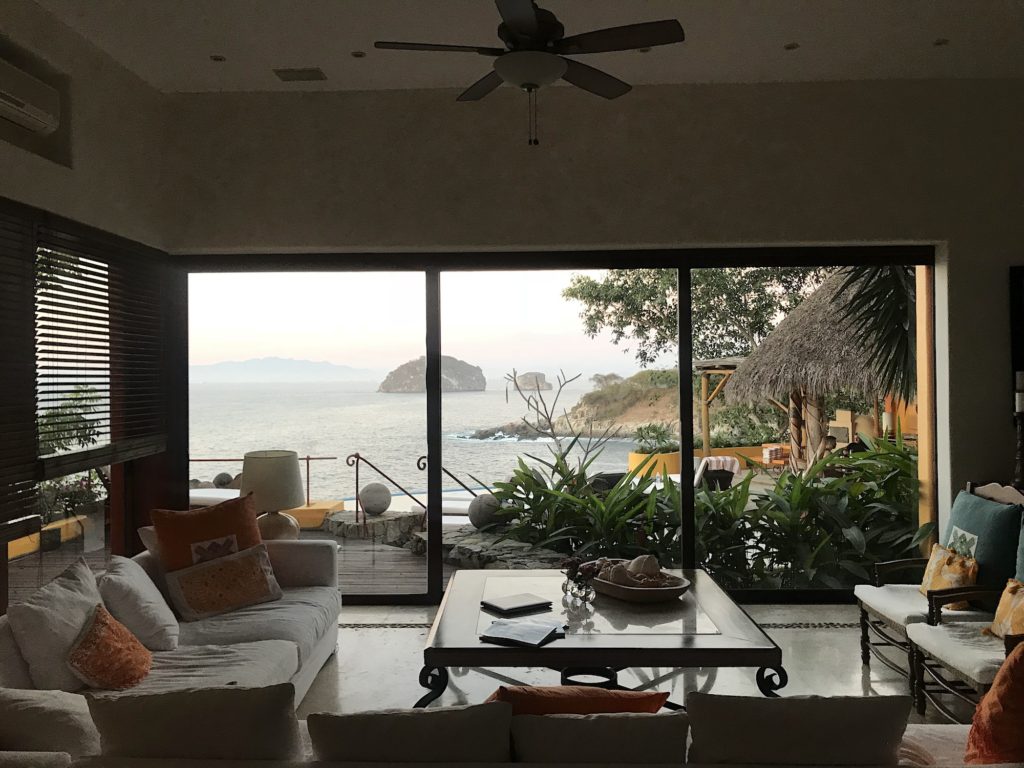
As people seek more long- term value-oriented accommodations we expect global nomads will be the next segment to fuel growth in the home sharing market further crushing urban hotels.
13) Responsible Travel

People have become a lot more sensitive to the world around them and the effects of climate change. We have all witnessed firsthand what imbalance can do. People will become more sensitive to sustainable travel, to restarting travel smartly in avoid the mess of pre-Covid over-tourism. They will look for real, meaningful ways to contribute to the world as they travel through it. This will bring a need for more sophisticated philanthropic opportunities that go far beyond the “feel-good” theatrical “voluntouring.”
14) Entertainment & Events

Fashion shows and music festivals, art fairs and sporting events, theaters and concerts have all been a significant catalyst in creating peak-travel markets. Local entertainment, including restaurants and boutique shopping is also a significant draw to urban visitors. And with ongoing pressure on the marketplace there is great concern in their viability.
With over 60% of luxury goods purchased by consumers while traveling, many luxury brands are shifting their strategy with plans to reconfigure shop locations and footprints geared to a more local market. How many shops will be left? How many restaurants will close? What of local theater? While not directly impacting travel, there is great concern what the fabric of most cities will look like after the pieces fall. Will there still be a vibrant, colorful, or energetic draw without these cornerstone magnates?
15) Isolation & Political Impact
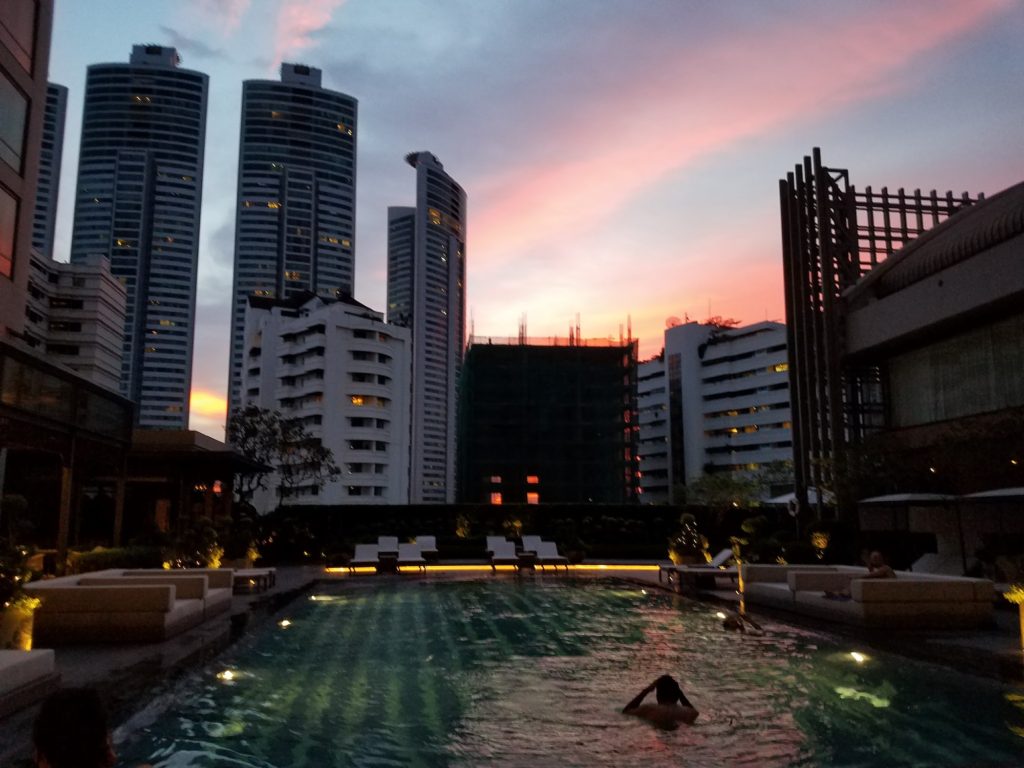
Though America’s centrism has been waning for years with the rise of the Middle East, Russia and China, 2020 was a humbling wake up call to most Americans who finally recognized that they are no longer the center of the world.
Not only did the world find alternate revenue sources without them, but even third world Asian countries fared far better than what had been perceived as the most progressive nation in the world. This, coupled with fierce political polarization and an outgoing party whose main agenda was isolating America from the world’s trade and employment marketplace, creates a seismic estrangement with a world.
This had led our base of savvy, worldly clients to feel more claustrophobic and itch to escape the country’s xenophobia even more, a concept that was instantly validated when we launched Embark’s Dual Passport program. Under the program we offered a service to facilitate getting clients a second passport by descent.
Within one week of launch we were overwhelmed with over 200 requests for second passports. You see, our mutual clients are not used to rules. They want options; they want freedom; they want to be global citizens and connect to different kinds of people around the world.
Travelbinger is proud to be a publisher with Google News and Apple News.
Some of the links in this post are affiliate links. If you click on the link and purchase the item, I will receive an affiliate commission. Please do! I’m a one-man team for this website, so any help is sincerely appreciated.
Travelbinger is now on YouTube! Subscribe here for exclusive travel tips and advice from founder Jimmy Im. Follow us on Twitter, Facebook and Instagram.
More stories:
The 10 best new hotels in America
4 famous road trips to take in America
9 airline predictions based on aftermath of 9/11 and Great Recession (2008)
7 positive predictions for travel after coronavirus pandemic
Jimmy Im has traveled to 113 countries, stayed in over 600 hotels and has flown a million airmiles. He lives in New York City.

